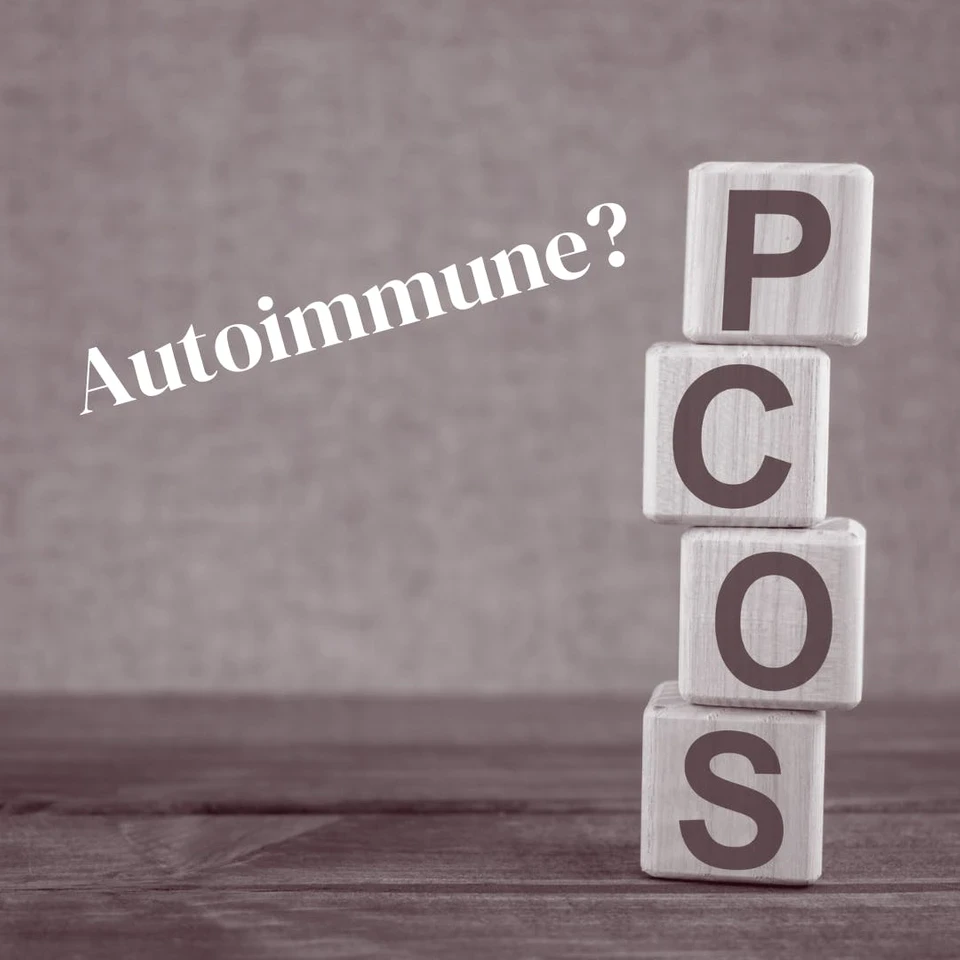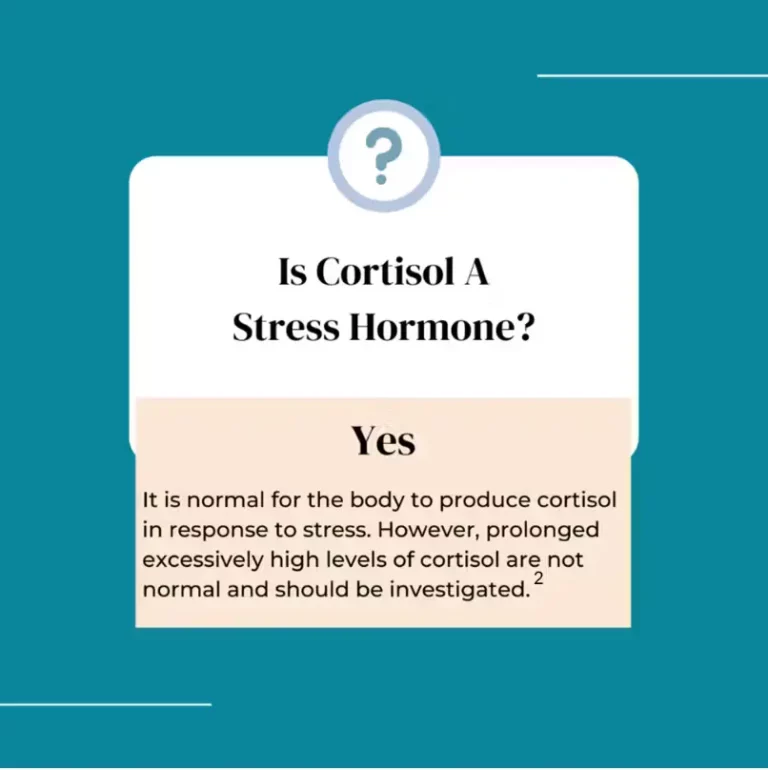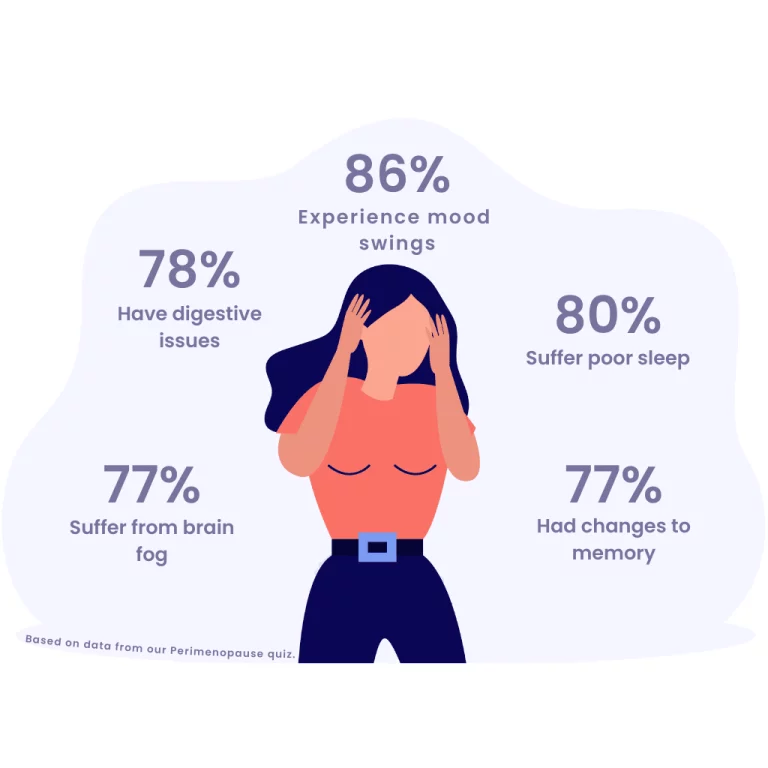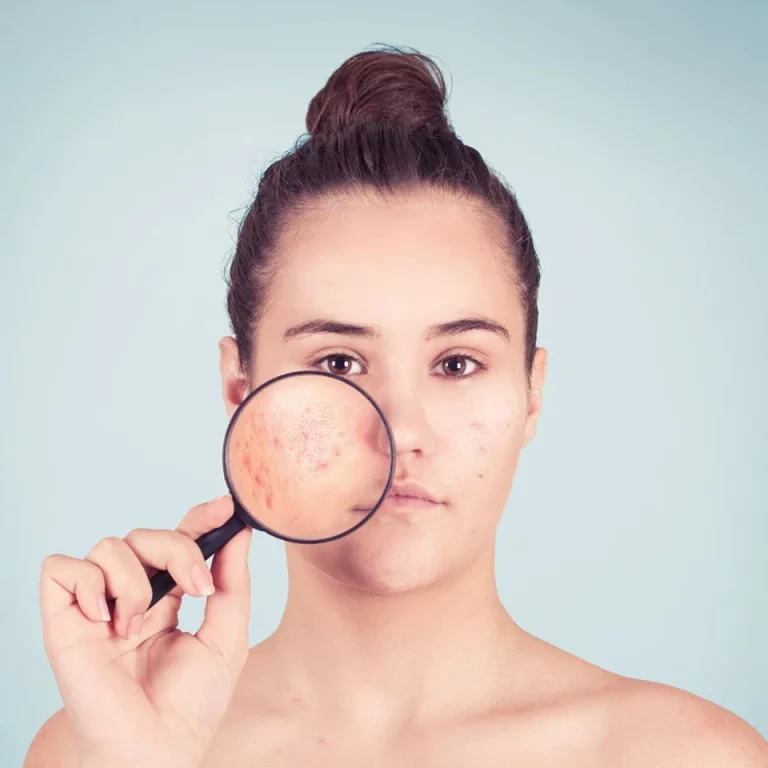Is PCOS An Autoimmune Disease
Many people wonder, “Is PCOS A Autoimmune Disease?” The answer?
No, PCOS (Polycystic Ovary Syndrome) itself is not considered an autoimmune disease. It is a hormonal disorder that affects women’s ovaries and results in a variety of symptoms, including irregular periods, acne, and excess hair growth.
Link Between PCOS And Autoimmune Disease
There is evidence to suggest that there may be a link between PCOS (Polycystic Ovary Syndrome) and autoimmune conditions, but this relationship is not well understood. Some studies have found an increased incidence of autoimmune diseases, such as thyroid disease and type 1 diabetes (1-2), in women with PCOS. However, more research is needed to determine the nature of this relationship and to determine if PCOS directly causes or contributes to the development of autoimmune conditions. One study did show that Hashimoto’s thyroiditis occurred more commonly in women with PCOS than in the general population (3). Given that both these diseases are associated with fertility problems, it is important to investigate for autoimmune conditions in people with PCOS.
What Does Autoimmune Mean?
Autoimmune means that the immune system mistakenly attacks and damages healthy body tissue. In an autoimmune disease, the body’s natural defense system – the immune system – is activated when there are no foreign invaders to fight off. This leads to inflammation and damage to healthy cells, tissues, and organs in the body. Some examples of autoimmune diseases include rheumatoid arthritis, lupus, and multiple sclerosis.
PCOS Is A Hormonal Disorder
In this condition hormonal imbalances occur, leading to a variety of PCOS symptoms and conditions. The following hormonal changes are commonly observed in women with PCOS:
- High levels of androgens (male hormones): Women with PCOS often have higher levels of androgens, which can lead to symptoms such as acne, excessive hair growth, and irregular periods.
- High levels of insulin: Insulin is a hormone that is produced and released by the pancreas. It helps regulate the level of glucose (sugar) in the blood. Women with PCOS are often insulin resistant, which means they produce high levels of insulin to maintain normal blood sugar levels. This can lead to weight gain and an increased risk of type 2 diabetes.
- Low levels of progesterone: Progesterone is a hormone that regulates the menstrual cycle and prepares the uterus for pregnancy. In PCOS, ovulation is often irregular or absent, leading to low levels of progesterone and irregular periods.
- Anovulation (absence of ovulation): In PCOS, the ovaries become enlarged and contain multiple small cysts as a result of eggs that have not matured and been released. This can lead to anovulation and infertility. Patients with PCOS should educate themselves on the best age to get pregnant with PCOS as well if they are interested in having children.
Is PCOS Autoimmune: Summary
Related: Adrenal Adenoma: What Every Patient Should Know
PCOS itself is not an autoimmune disease. It is associated with other autoimmune diseases, but more research is needed in this arena. Some of the autoimmune diseases associated with PCOS are thyroid disease and Type 1 Diabetes. PCOS is a hormonal disorder that affects different hormones in the body including androgens, insulin, and progesterone. If you think you have PCOS, it is important to see your doctor regularly.
Sources:
(1) Romitti M, Fabris VC, Ziegelmann PK, Maia AL, Spritzer PM. Association between PCOS and autoimmune thyroid disease: a systematic review and meta-analysis. Endocr Connect. 2018;7(11):1158-1167. Published 2018 Oct 26.
https://pubmed.ncbi.nlm.nih.gov/30352422/
(2) Bayona A, Martínez-Vaello V, Zamora J, Nattero-Chávez L, Luque-Ramírez M, Escobar-Morreale HF. Prevalence of PCOS and related hyperandrogenic traits in premenopausal women with type 1 diabetes: a systematic review and meta-analysis.Hum Reprod Update. 2022;28(4):501-517.
https://pubmed.ncbi.nlm.nih.gov/35237802/
(2) Kowalczyk K, Franik G, Kowalczyk D, Pluta D, Blukacz Ł, Madej P. Thyroid disorders in polycystic ovary syndrome.Eur Rev Med Pharmacol Sci. 2017;21(2):346-360.
https://pubmed.ncbi.nlm.nih.gov/28165551/
We discuss products we think are useful to people. If you buy something through our links, we may earn a commission. Remember to check with your personal physician to see if a product recommended is right for you.








